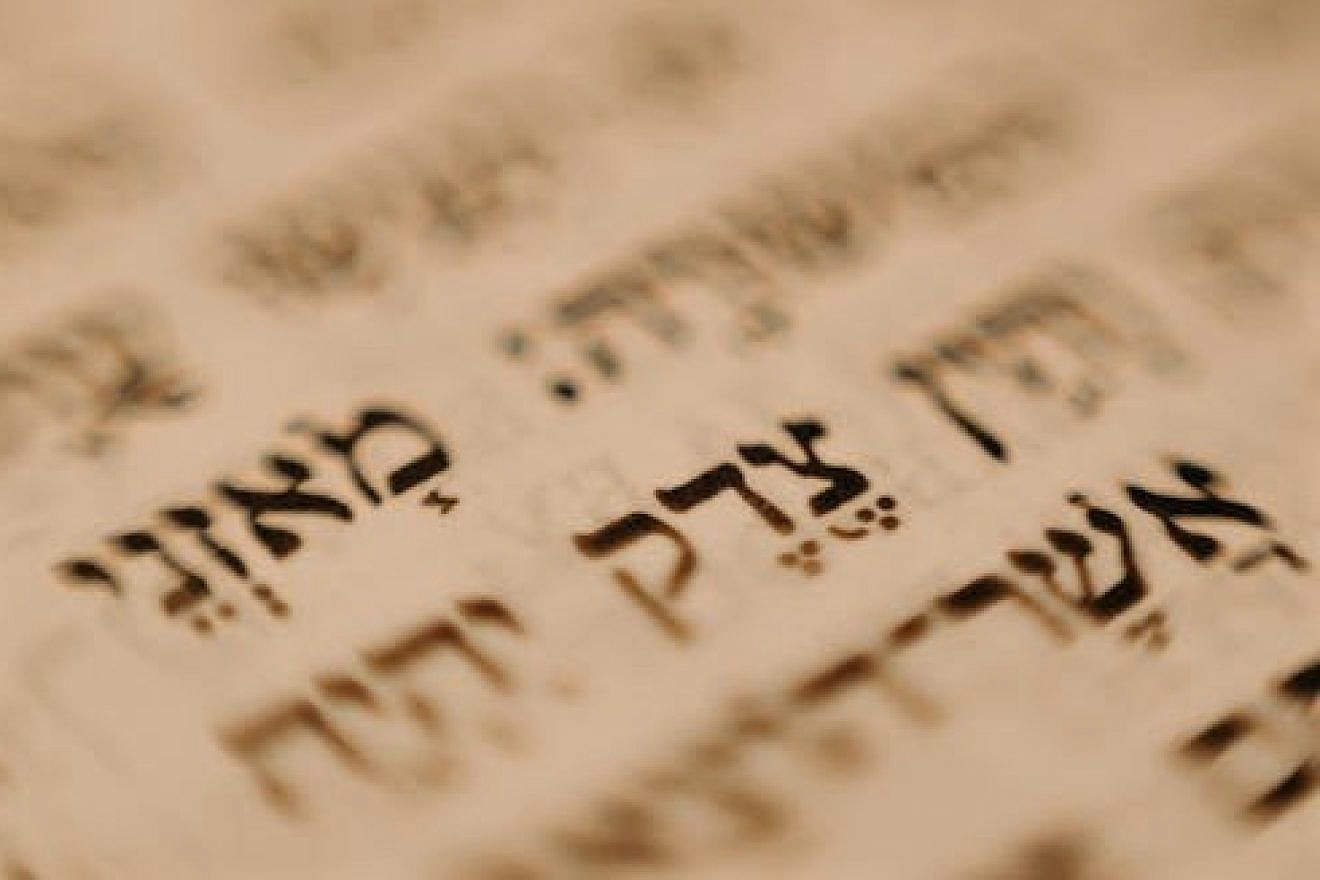We are the wandering Jews. Sometimes, I am also a wondering Jew. I wonder how we have survived as a people with the very same values and traditions that have been our legacy for 4,000 years. We’ve trekked across continents to the remotest regions of the world, far from our original home, and yet somehow our traditions remain virtually unchanged. Whether in the east, west, north or south, whether Sephardi or Ashkenazi, our basic way of life is still what it always was. Of course, there are variations, but the fundamentals have not changed.
To the faithful, there is a simple reason for this: What has kept us together and ensured that we have retained our identity is the Torah. We kept the Torah wherever we were and it has been the great unifier between all our various cultures and ethnicities.
A story is told of Rabbi Menachem Mendel of Lubavitch, the third rebbe of Chabad (1789-1866). As a young child, he came home from cheder and asked a question of his illustrious grandfather, Rabbi Schneur Zalman of Liadi. That day, the young boy’s teacher had taught him the opening verse of this week’s parsha, Vayechi: “And Jacob lived in the land of Egypt for 17 years.”
The teacher explained the verse according to the commentary of the Baal Haturim (Rabbi Jacob ben Asher, 1270-1340), who said that Jacob lived the best years of his life in Egypt. Having experienced a life of turbulence replete with loss, pain and sorrow, Jacob was finally able to enjoy life once he was reunited in Egypt with his long-lost son Joseph.
The young boy asked of his wise zayde, “How can it be that our holy patriarch Jacob should have lived his best years in Egypt of all places? Egypt was a land infamous for its depravity, idolatry and immorality!”
Rabbi Schneur Zalman replied, “Even before he himself descended to Egypt, Jacob had sent his son Judah to establish a house of study there. When one studies Torah, one becomes close to God and this allows us to live a life filled with spiritual vitality, even in Egypt.”
Indeed, it is the Torah that has kept us focused, united and faithfully Jewish throughout the millennia of our displacements and dispersions.
I recently concluded a speaking tour of the West Coast of the United States and Canada. I visited the large metropolis of Los Angeles with its bustling community of more than half a million Jews and numerous synagogues, schools, Jewish centers and institutions. But I also visited smaller communities. One of them was Spokane, Wash.
Our hosts were Rabbi Yisroel and Chaya Sarah Hahn, the Chabad shluchim in Spokane. We saw a small but faithful Jewish community that comes together for Shabbat and chagim, as well as for regular Jewish adult-education classes. And we saw their family with children of various ages who are as Jewishly involved as their contemporaries growing up in Bnei Brak, Israel, or Brooklyn, N.Y. With no Jewish day school, the Hahns’ children study at the Chabad online school established especially for its emissaries’ families around the world.
I think of our own grandchildren growing up on the little island of Kauai, Hawaii. As the children of Chabad emissaries, they, too, attend the online school. I am amazed at how much they know about Judaism, as much as or more than kids their age studying in established day schools in the largest Jewish communities.
Others must send their children to a school an hour and a half away to give them the Jewish education they need. Still others must send their children away from home at very tender ages because there is no other option. Challenges abound, but these dedicated Jewish role models somehow find a way to keep their children committed to their faith and family values.
Whether in Egypt, Spokane, Kauai or countless other isolated Jewish communities around the world, the same pattern is playing out. The Torah is keeping us faithful to our identity and heritage and Jewish continuity is preserved no matter the location or the challenges that come with it.
Yes, we wander. But let us not wonder about the secret of our survival. When we are faithful to Torah, our unique way of life will keep us faithful to our national character for eternity.


























